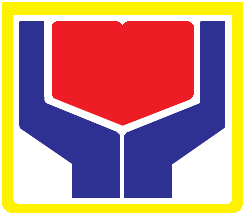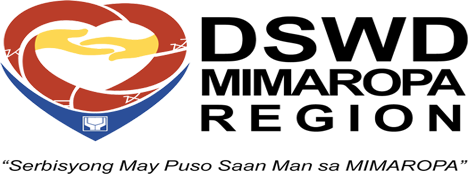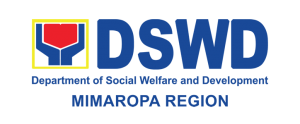Manila, Philippines – KALAHI-CIDSS IV-MiMaRoPa successfully staged the fourth Joint Implementation Support Mission in Busuanga and Coron, Palawan last October 6 – 9, 2015. This is part of the regular activity conducted by the development partners jointly with the key officials of KALAHI-CIDSS and national government agencies (NGAs) in order to determine if covenants and performance targets are being met. This collaborative effort is a milestone in the pursuit of mainstreaming community-driven development in the region.
The mission team was comprised of Leonardo Paat of World Bank; Joel Mangahas, Yukiko Ito and Jane Austria-Young of Asian Development Bank (ADB); Edwin Concepcion and Evelyn Diezmo of Department of Energy and Natural Resources (DENR); Raul Alamis of Department of Health (DOH); Edelito Sumangil of National Commission on Indigenous Peoples (NCIP); Rodrigo Emag, Sr. of National Anti-Poverty Commission (NAPC); and Benilda Redaja, Jay Aribbay, Rannon Padriano, Joyce Palacol, Bessie Magtangob, Sylvia Nachura and Regina Jezika Escudero from the National Program Management Office (NPMO). Participants were split into two groups to simultaneously interview stakeholders in four barangays of the municipality of Busuanga and Coron.
The mission kicked off with a dialogue with the Municipal Inter-Agency Committee (MIAC) members of municipality of Busuanga, led by Vice-Mayor Elizabeth Cervantes. This was immediately followed with an on-site visit to Brgy. New Busuanga and Brgy. Quezon for an open forum with the barangay officials and community volunteers. On the next day, the team visited Brgy. Cabugao and Brgy. Lajala in Coron. A focus group discussion with the MIAC members, led by Municipal Assessor Reynario Labrador, was also conducted.
National Program Manager Benilda Redaja commended the strong involvement and participation in the communities. She added, “They demonstrated strong ownership over their sub-project and effectively articulated not just how it responds to their need but how it links up to other priorities and funding opportunities.”
KALAHI-CIDSS is a DSWD program that seeks to alleviate poverty using the Community-Driven Development (CDD) approach as its over-all community development approach and strategy. The CDD approach ensures that development priorities are addressed in a participatory, collective, inclusive, and in demand-driven way. This is done through localized decision-making during social preparation activities, and in the identification, development, prioritization, establishment, and operationalization of community projects. ###
![]()


